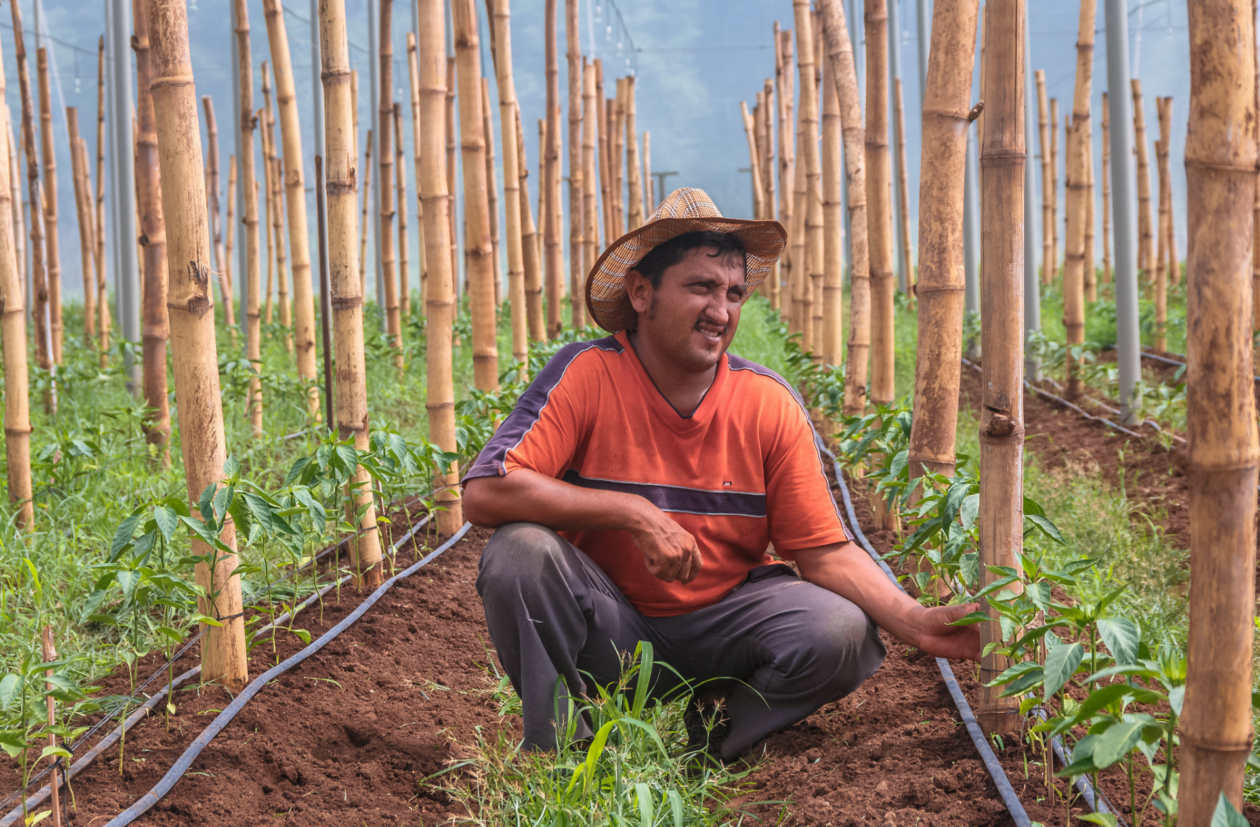
No matter who you are, or where you live, the past six months have forced everyone on earth to adapt to a world changed by the COVID-19 pandemic.
For our grantees, new challenges have arisen along with the virus, including access to food, education around sanitation, and increased risks associated with continued resource extraction by corporations. Amid these challenges, our grantees are not only adapting, but also are continuing their work fighting for a healthier today and a brighter tomorrow. Many have pivoted their projects to respond directly to challenges posed by COVID-19, while also addressing environmental issues that have implications for the future of both people and planet.
Read on for four powerful examples:
Chile: As governments in Latin America promote extractive industries as a viable economic solution to recover from the pandemic, community consultations and environmental impact assessments have weakened. ONG Observatorio de Conflictos Mineros de América Latina is leveraging a network of grassroots groups across Bolivia, Brazil, Colombia, Chile, Ecuador, Honduras, Nicaragua, Panama, and Peru to monitor the continued advance of mining projects during the pandemic and the risks these activities pose to local communities. The group is producing reports, such as this one, on the prevalence of COVID-19 in those working on mining sites, potential transmission to communities, and increases in violence against women in mining communities. The impact of this project is two-fold: serving to protect local people from unwanted spread of the virus, while also holding extractive industries accountable for their impact on the environment.
South Africa: Two million people in South Africa currently live in slums or hostels, leaving them disproportionately at risk of contracting COVID-19 due to unsanitary conditions and close proximity to other people. Greengrants awarded Ubunye Bamahostela, a group that works with residents of slums and hostels, an emergency COVID-19 response grant to help distribute essential supplies and educate hostel dwellers on proper hygienic practices. A $2,000 grant helped cover the cost of food, sanitation supplies, and protective gear for 6,500 people living in nine hostels in the Durban area.
El Salvador: In addition to the impacts of COVID-19, many vulnerable communities in El Salvador are also facing the aftermath of tropical storms Amanda and Cristóbal. Our grantee, Red de Ambientalistas Comunitaios de El Salvador (RACDES), is a well-organized grassroots environmental justice network that is currently seeking to strengthen the capacity of communities to these threats. A grant of $11,000 will help RACDES recover traditional, time-tested farming systems based on ecological best practices, protect water reservoirs, engage in income-generating ventures, and hold workshops to build community resilience in the face of disaster. This will help the community address the ongoing pandemic, as well as prepare for future disasters.
Tonga: COVID-19, like climate change, does not affect all people equally. To better understand the ongoing impact of the COVID-19 shutdown on Tonga’s most vulnerable populations, Civil Society Forum of Tonga is using a $5,000 grant to conduct a survey, with a special focus on women, the elderly, seasonal workers, and people with disabilities. The funds will also support the group to run radio and TV programs to raise awareness about the current pandemic, to help prepare the island nation for a potential outbreak.
Support our efforts: make a gift today to help grassroots movements worldwide respond to COVID-19 and protect the planet.
Photo: El Salvador familias productoras / CC0 1.0 Universal (CC0 1.0)
